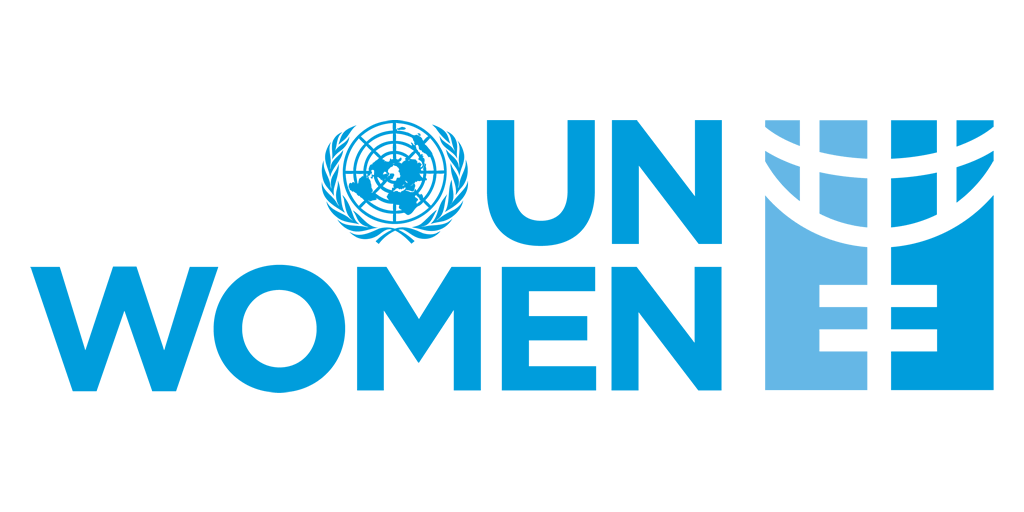In meetings with de facto authorities in both Kabul and Kandahar, the delegation directly conveyed the alarm over the recent decree banning women from working for national and international non-governmental organizations, a move that undermines the work of numerous organizations helping millions of vulnerable Afghans.
The de facto authorities have also recently moved to close universities to female students across the country until further notice, and have barred girls from attending secondary school, restricted women and girls’ freedom of movement, excluded women from most areas of the workforce and banned women from using parks, gyms and public bath houses.
“My message was very clear: while we recognize the important exemptions made, these restrictions present Afghan women and girls with a future that confines them in their own homes, violating their rights and depriving the communities of their services,” Ms Mohammed said.
“Our collective ambition is for a prosperous Afghanistan that is at peace with itself and its neighbours, and on a path to sustainable development. But right now, Afghanistan is isolating itself, in the midst of a terrible humanitarian crisis and one of the most vulnerable nations on earth to climate change,” she said. “We must do everything we can to bridge this gap.”
During their mission, Ms Mohammed and Ms Bahous met with affected communities, humanitarian workers, civil society and other key actors, in Kabul, Kandahar and Herat.
“We have witnessed extraordinary resilience. Afghan women left us no doubt of their courage and refusal to be erased from public life. They will continue to advocate and fight for their rights, and we are duty bound to support them in doing so,” Ms Bahous said.
“What is happening in Afghanistan is a grave women’s right crisis and a wakeup call for the international community. It shows how quickly decades of progress on women´s rights can be reversed in a matter of days. UN Women stands with all Afghan women and girls and will continue to amplify their voices to regain all their rights.”
The United Nations and its partners, including national and international non-governmental organizations, are helping more than 25 million Afghans who depend on humanitarian aid to survive, and remain committed to staying and delivering.
The most recent decrees issued by the de facto authorities banning women from working for NGOs has forced many partners to pause operations which can no longer be safely and meaningfully delivered. While the recent exemptions to the ban introduced by the de facto authorities are opening spaces for humanitarians to continue – and in some cases resume – operations, these remain limited to few sectors and activities.
“The effective delivery of humanitarian assistance is predicated on principles that require full, safe and unhindered access for all aid workers, including women”, Ms Mohammed said.
The visit to Afghanistan followed a series of high-level consultations on Afghanistan across the Gulf and Asia. The delegation met with the leadership of the Organization of Islamic Cooperation (OIC), the Islamic Development Bank, groups of Afghan women in Ankara and Islamabad and a group of Ambassadors and Special Envoys to Afghanistan based in Doha.
The delegation convened with government leaders from the region and religious leaders to advocate for the crucial role and full participation of women and rally support for the Afghan people.
Throughout the visits, countries and partners recognized the critical role of the UN in building bridges to finding lasting solutions, as well as the urgency to deliver lifesaving support and maintain effective engagement, led by the United Nations Assistance Mission in Afghanistan (UNAMA).
They asked that efforts be intensified to reflect the urgency of the situation and stressed the importance of a unified response by the international community.
The need for a revitalized and realistic political pathway was consistently highlighted and all remained firm on the fundamental principles, including women’s and girls’ rights to education, work and public life in Afghanistan.
There was broad consensus that the region and the Organization of the Islamic Cooperation’s leadership on these issues was critical.
The proposal of an international conference on women and girls in the Muslim World during the month of March 2023 was also considered and agreed in principle.
